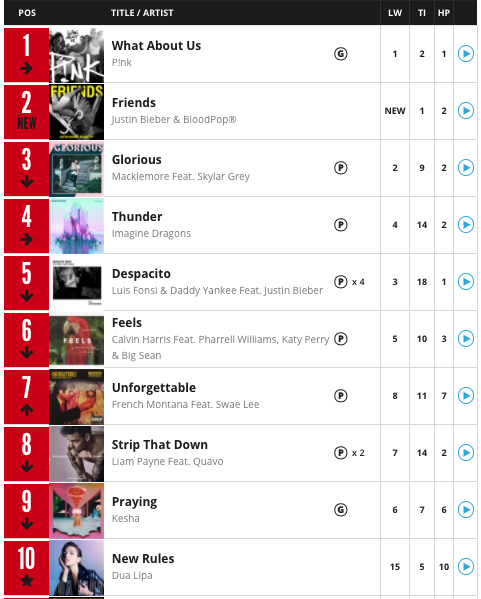‘Globalisation’ is a concept that is often so immersive it is consequently taken for granted. The text ‘Globalisation’, Media and Society’ (O’Shaughnessy, M and Stadler, J) define Globalisation as worldwide communication that transcends space and time whilst characterised by its instantaneity, interconnectedness and interdependence. This type of communication forms the international community influenced by the technological developments as well as economic, political and military interests. The parameters of geographical borders have been dissolved and the immediacy of communication is an inherent expectation. Humanity can witness a hurricane unfold before their eyes in the comfort of their living room, miles away from any instance of imminent danger – even on the other side of the globe. The global media can provide coverage of the disaster and indirectly create a platform for altruism. The level of resilience a place can have after such an event is dependant on the resources available. Certain countries may not have the infrastructure to foster support. Globalisation creates opportunity to reach out and extend help beyond what is only capable through the limitations of proximity. It’s evident that the use of twitter as a communication tool, harbours greater social utility beyond its application as a social media platform. Facebook similarly employs this with the emergency check-ins function.
Despite being an “agent of empowerment, education, democracy and equality” (O’Shaughnessy, M and Stadler, J) the consequences of globalisation and their effect on society harbours polarised opinions. ‘The Global village’ is a phrase that forms the utopian view of globalisation as a catalyst for bringing humanity closer together. Marshall McLuhan coined the phrase in order to describe a ‘utopia’ where the means of global communication is completely democratised and freely accessed by everyone, whilst transcendant of nation-state interference. Dystopian views suggest that the notion of a global village is overly optimistic because it only reflects those who have access to it. A global cottage is suggested to be more of a faithful representation of the globalised reality we communicate within; a reality that isn’t compatible with the ethos of globalisation due to a debilitating digital divide.
Although, globalisation does create a platform for the cultural exchange, cultural imperialism is a side effect. Culture of the united states is incredibly pervasive in a country such as Australia which is so geographically removed from it. Cultural Imperialism is where a culture is permeated through other cultures through cultural products. Australian media is laced with Americana flavour. Entertainment is one of America’s greatest export and it is incredibly popular. Film, television and music are heavily demanded in Australia. 
This screen shot depicts the top 10 most popular tracks in Australia according to the Aria Charts and feature not one single Australia artists. Loss of cultural identity is the biggest risk as an external culture permeates through an existing one, and although music appears to be largely dominated by the united states television in Australia really holds its own being completely abundant with home grown Australian content. Masterchef, My Kitchen Rules, The Bachelor are shows highly popular and revered. However this is bound within TV as a legacy media model which is slowly declining as a medium for consuming content. Can cultural identity remain intact when the way content is primarily consumed through streaming services? Netflix’s former monopoly in Australia features content that is external to Australia. However Stan has risen to the occasion as a competitive streaming service with its pursuit of producing top contending Australian original programs, which have the ability to defend Australian cultural borders from this cultural invasion.
Mills, Alexander; Chen, Rui; Lee, JinKyu; Rao, H. Raghav (2009). “Web 2.0 Emergency Applications: How Useful Can Twitter Be for Emergency Response?” (PDF). Twitter for Emergency Management and Mitigation: 3. Retrieved November 20, 2016.
O’Shaughnessy, M and Stadler, J (2008) ‘Globalisation’, Media and Society (fifth edition) Oxford: Oxford University Press, pp. 458-471.